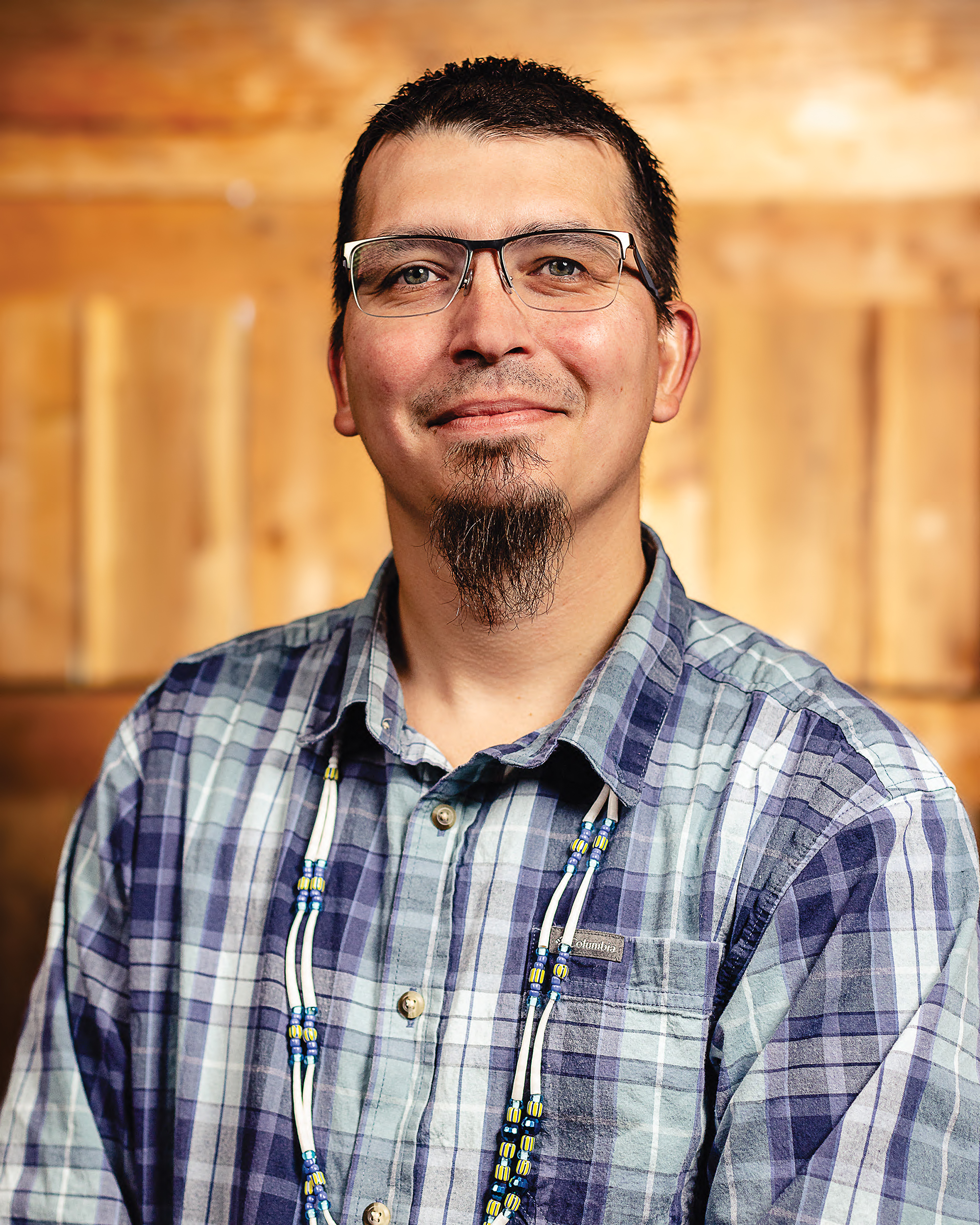Tribal Government & News
Tribal Council member wants to explore hatchery business

By Nicole Montesano
Smoke Signals staff writer
Fish hatcheries, like most everything else, have two opposing views.
“There’s the pro-hatchery folks, who think we could solve all the salmon problems with hatcheries,” Grand Ronde Tribal Fish & Wildlife Program Manager Kelly Dirksen said. “There’re other folks who think hatcheries are the only reason we have problems. It’s hard to have an open discussion when both sides are so bound to their positions.”
Tribal Council member Matthew Haller isn’t necessarily in the first camp, but said he is firmly pro-hatchery.
And while he agrees with habitat restoration efforts, Haller said he would like to see Tribal Council explore another option as well: Seeking grants to purchase the Salmon River Hatchery in Otis, which the Oregon Department of Fish and Wildlife is seeking to shutter for at least the next few years due to deferred maintenance costs.
Haller said he can’t really remember a time when he wasn’t fishing, recalling doing so from an early age. Hunting, fishing, gathering mushrooms and berries are Tribal traditions that kept food on his grandparents’ table after Termination and these are traditions he is teaching his son.
“My grandfather always hunted and fished, gathered mushrooms,” Haller said. “They relied on that; you couldn’t just go to Winco. You had to come home with a box of meat somehow.”
That tradition feels bone deep.
“I don’t know if we naturally just crave those foods, but I feel a lot healthier when I eat those foods, or meat that hasn’t been processed in a plant,” he said.
The state’s plan to shutter the Salmon River Hatchery, at least temporarily, sets off alarm bells for Haller.
“This is where I fish, where my family and friends fish,” he said. “Without those hatcheries, I would never have caught my first fish.”
Haller acknowledges that taking over the hatchery is an expensive proposition — an estimated $30 million or more — and he agrees that the Tribe can’t necessarily take on that expense without finding some form of funding for it.
“That would sink us,” he said.
However, he would like the Tribe to invest a significant effort into seeking grants for the project.
Haller doesn’t oppose the Tribe’s Salmon Strength Team’s focus on the pushing the Army Corps of Engineers to open more salmon habitat; those spawning grounds are badly needed, he acknowledged. But he said the team could pursue both approaches.
“It’s important to have hatcheries so we can still have large enough fish runs to harvest,” he said.
The Salmon Strength Team is a partnership between the Tribe’s Natural Resources Department, Public Affairs Department, Tribal Council member Kathleen George and others, to advocate for salmon.
“We work at building a consensus and pro-salmon coalition,” Dirksen said.
This year, ODFW commissioned a third-party review of the hatchery system. Reports are available at www.dfw.state.or.us/fish/hatchery/relience.asp.
The agency is now gathering public comments and preparing a report for the state Legislature.
